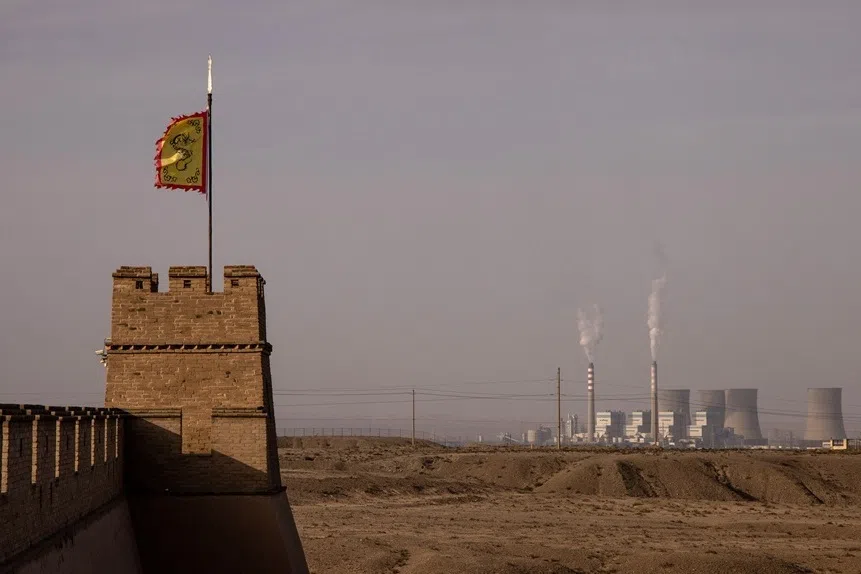China wants to reverse its high abortion rate with pro-birth policies, and young women are not happy
As a result of the country's now-abolished one-child policy and other factors, abortion has gained wide acceptance among women in China. A recent work plan by the national family planning unit stated its intention to "intervene" in abortions for unmarried women has sparked backlash that women would lose their reproductive autonomy. Zaobao correspondent Wong Siew Fong speaks with researchers and Chinese women to understand the policy implications on women's rights and how the issue will impact China's shrinking birth rate.
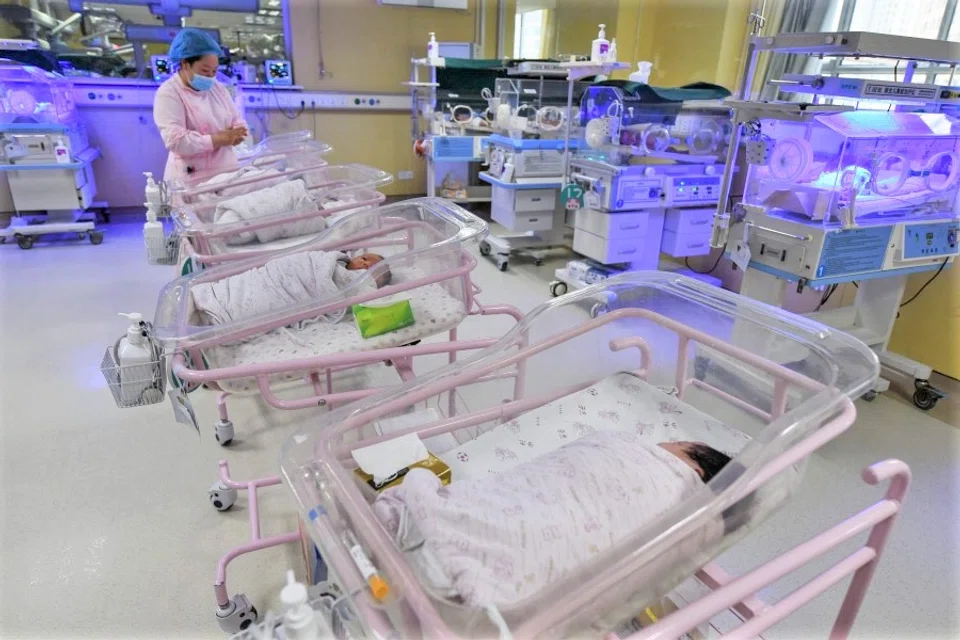
Last September, 34-year-old Zhang Jun (pseudonym), a single female media practitioner, was on a work conference call while waiting for her appointment at a private clinic in Beijing. But she was not there for a minor ailment like a headache or diarrhoea, but to arrange a procedure that would terminate a life - an abortion.
China has one of the highest abortion rates in the world. According to the Chinese Journal of Practical Gynecology and Obstetrics, over the past five years, there were 9.5 million abortions annually in China, while other sources estimate the figure to be over 10 million. In contrast, the number of births in China was just 10.62 million in 2021, meaning that the number of abortions and births are almost even.
The high abortion rate has exacerbated China's population crisis. In its 2022 work plan, the China Family Planning Association (CFPA) listed "intervention" for abortions among unmarried persons as one of its key tasks for this year, in an effort to reduce abortions, improve women's reproductive health and promote population growth.
The plan sparked a strong backlash that lasted nearly a month, as many netizens were concerned that the authorities might prohibit abortions among unmarried women. In response to the backlash, the CFPA clarified to the Chinese media that "intervention" meant ramping up educational counselling services and surveys targeted at youths.
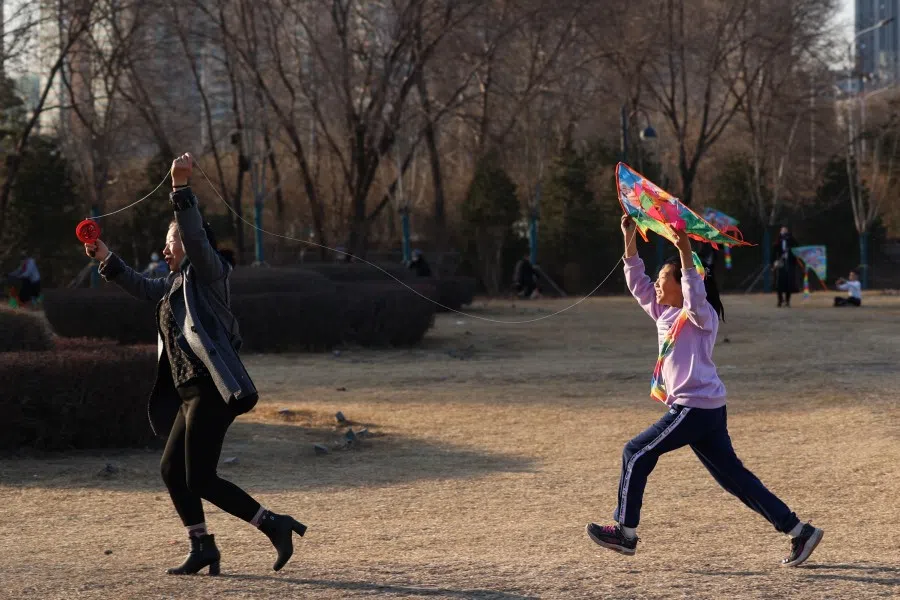
However, unmarried women who have experienced abortions or who like Zhang Jun, are going through abortions, are not buying the CFPA's policy.
"If you are unprepared, having a child will bring pain for everyone. My niece's death made me realise that I cannot be responsible for another person's life." - Zhang Jun
Zhang is a firm believer in the single and childless lifestyle. She feels that once a woman decides to have an abortion, no amount of counselling or assistance will change her mind, because the choice to terminate a pregnancy reflects a woman's deep-rooted beliefs on child-bearing, which have been formed over time and are not easily changed.
In 2019, Zhang's 14-year-old niece took her own life due to depression, and the incident had a lasting impact on Zhang. Zhang's elder sister and brother-in-law had a shotgun marriage and their family was not a happy one. Her brother-in-law and the elders in the family also favoured boys over girls, thus Zhang's niece was neglected and did not feel loved.
Zhang said, "If you are unprepared, having a child will bring pain for everyone. My niece's death made me realise that I cannot be responsible for another person's life."
Zhang has had two abortions in six years, and all her three older sisters have also undergone the procedure. She says that abortion is still a taboo in society but is generally accepted among young women. "Once in a while, among my girlfriends, someone will say they're going for a 'little procedure'. Everyone will understand that she is having an abortion."
... based on China's official statistics, the country's abortion rate reached 42.7% in 2020. On the other hand, the abortion rates in Japan, Singapore, the US and Israel only ranged between 8.8% and 15.3% in 2019.
High abortion and infertility rates
Since China implemented family planning in the 1970s, the topic of abortion has been widely debated within and outside of China. The wide acceptance of abortion among Chinese women is seen as a negative legacy of the one-child policy.
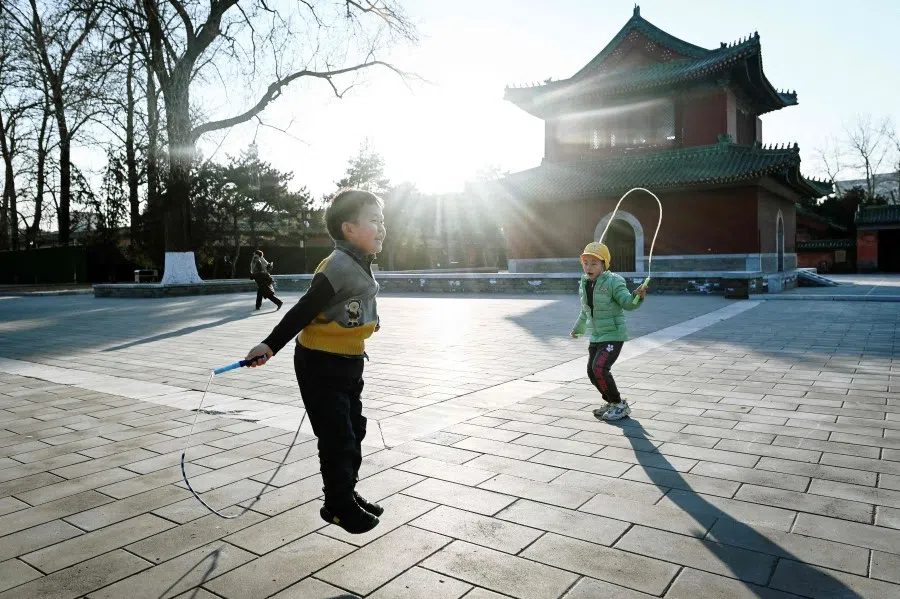
Yi Fuxian, senior scientist at the University of Wisconsin-Madison, tells Zaobao that based on China's official statistics, the country's abortion rate reached 42.7% in 2020. On the other hand, the abortion rates in Japan, Singapore, the US and Israel only ranged between 8.8% and 15.3% in 2019.
China's high abortion rate has also contributed to a high infertility rate, from 1% to 3% in the early 1980s to 18% in 2020, which is much higher than in the US and other developed countries.
"Many people see abortion as child's play and treat it like the common cold." - Yi Fuxian, Senior Scientist, University of Wisconsin-Madison
In fact, China has established a massive abortion industry. Yi pointed out that while authorities have cracked down on prenatal sex determination, the country's sex ratio at birth has been as high as 120 boys to 100 girls for a long time. Even in 2021, this figure still stood at 112 boys to 100 girls, higher than the average ratio of 102 to 106 boys to 100 girls. This highlights that illegal sex-selective abortions are still common in China, making it difficult to regulate the country's abortion rate through government policies.
Yi also said that as a result of half a century of family planning propaganda, China's values about fertility and the moral and ethical underpinnings of life have been undermined. "Many people see abortion as child's play and treat it like the common cold," he said. Yi's opinion reflects Western academics' criticisms of the prevalence of abortion in China.
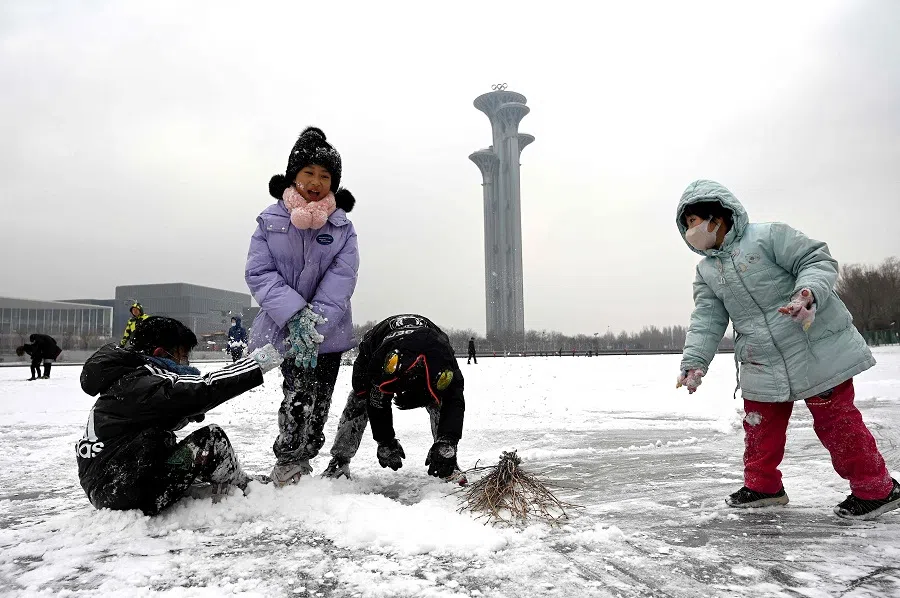
But to Zhang, having an abortion does not mean that she does not value human life. On the contrary, she believes that abortion is done out of the respect for human life and a rational understanding that one should not have children if they are unable to give them a good family environment.
New policies may not help
China's pro-birth policies continue to clash with women's rights issues. When some local governments introduced measures to extend maternity leave last year, it raised concerns that women might face workplace discrimination. The controversy involving government intervention in abortions has also sparked the debate over women's reproductive autonomy.
Chen Xintong (pseudonym), a 27-year-old administrative executive, is open to getting married and having children but is against the government intervening in the decision of unmarried women to have an abortion. She believes that a woman should have full decision-making power over her body because "the womb is in the female's body".
Government policies may become "increasingly forceful" as it becomes increasingly clear that people are not changing their views about giving birth. - Shen Hsiu-hua, Associate Professor, National Tsing Hua University
National Tsing Hua University's Institute of Sociology Associate Professor Shen Hsiu-hua pointed out that it was not so long ago that the Chinese government had strongly intervened in women's reproductive issues via the one-child policy, and the younger generation are no stranger to its history. Now that new policies to encourage childbirth are being implemented, the idea that the government could once again intervene in women's bodily autonomy is triggering a sense of fear. Shen explains that this is because people have no idea how far these policies would go.
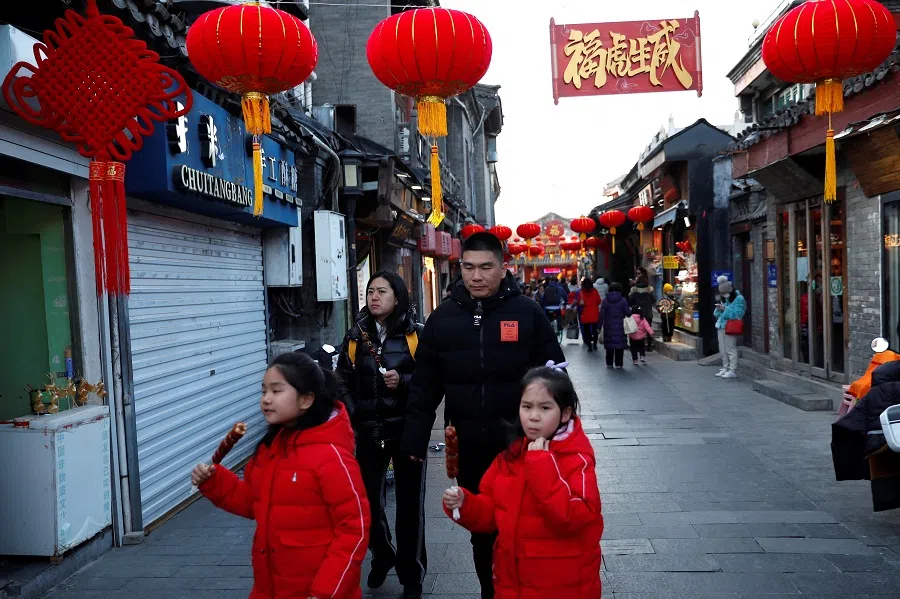
Shen believes that the prospects of China solving the dilemma between having children and women's rights are not optimistic. Government policies may become "increasingly forceful" as it becomes increasingly clear that people are not changing their views about giving birth.
Meanwhile, Yi said that China's past population control policies have created many serious demographic problems in the country and a series of reforms are needed before the birth rate can be increased. Relying on restricting abortions alone could backfire or even trigger other social crises, such as illegal abortions, which could damage the health of women or even cost them their lives.
Related: Why extended maternity leave will not encourage childbirth in China | Why Chinese women are unwilling to give birth | More young and single Chinese women buying properties in China's top-tier cities | Gender equality: The solution to China's declining birth rate | Chinese single women ponder love, marriage and freedom | A Chinese woman's status and the one-child policy

